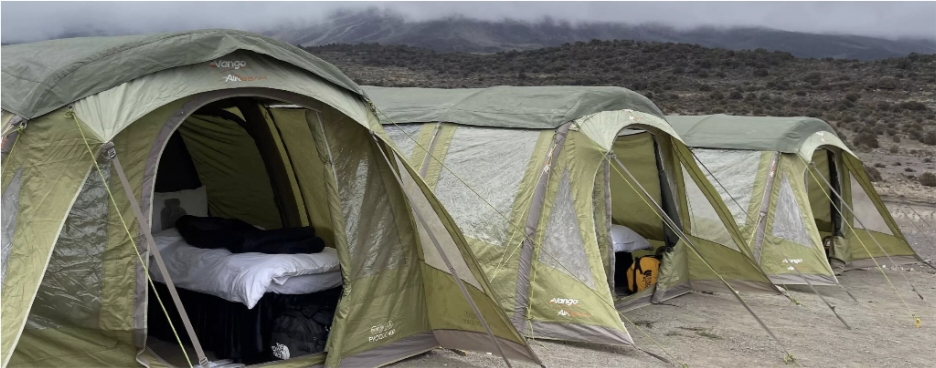In business, leadership, and life, success often looks like a straight climb to the top. But anyone who’s ever scaled a mountain — literal or metaphorical — knows the truth: the path is rarely direct, and progress depends on patience, strategy, and endurance.
Mount Kilimanjaro, Africa’s highest peak, offers a near-perfect metaphor for achieving lasting success. Climbers who ascend with a trusted climb operator learn that winning at altitude requires the same mental tools that drive excellence in any field — preparation, resilience, and smart resource management.
1. Pace Beats Power
Rushing toward a goal feels productive but can lead to burnout — or in mountaineering, altitude sickness. On Kilimanjaro, slow and steady progress (“pole pole,” as guides say) ensures safe adaptation to higher ground.
In business, too, pacing matters. Sustainable growth always outperforms a sprint. Building strong foundations, pausing to reassess, and allowing time for adaptation leads to longevity rather than short-lived wins.
2. Strategy Over Spontaneity
No climber sets out without a clear route, equipment plan, and contingency map. Success depends on logistics, forecasting, and teamwork — just as it does in entrepreneurship or leadership.
Studying a value for money climbs guide reveals that every decision — from the route chosen to the crew assembled — affects performance and outcome. The same applies to projects and careers: the smartest plan isn’t the cheapest or fastest, but the one that balances efficiency with sustainability.
3. Preparation Builds Confidence
Confidence isn’t born at the summit; it’s developed during preparation. Kilimanjaro climbers spend months training, adjusting gear, and mentally visualising success. By the time they set foot on the trail, doubt has been replaced with direction.
The same is true in any high-stakes environment. Mastery doesn’t appear overnight; it’s the result of consistent readiness and small daily actions that align with a larger goal.
4. Resilience Is the Real Competitive Edge
Kilimanjaro’s higher slopes test every climber’s resolve. Fatigue, thin air, and harsh temperatures strip away ego until only determination remains. Reaching the summit isn’t about luck — it’s about grit and inner strength.
In business, resilience turns setbacks into stepping stones. The ability to recover quickly, recalibrate, and move forward separates lasting leaders from fleeting ones, proving that true success is built on endurance, adaptability, and the courage to keep climbing when others give up.
5. Success Is Shared
No one reaches the top of Kilimanjaro alone. Every summit depends on a team of guides, porters, and planners working tirelessly behind the scenes.
In any organisation, success is equally collective and deeply interconnected. Empowering others, sharing credit, and recognising support systems keeps momentum alive, strengthens trust, and sustains growth long after the initial victory.
Final Thought
Final Thoughts
The summit isn’t the end — it’s the beginning of a new perspective. Climbing Kilimanjaro reminds us that success is not a destination but a continuous journey. Each step, no matter how small, brings growth, resilience, and self-awareness. The mountain teaches patience and discipline, showing that true strength lies not in rushing to the top but in embracing every challenge along the way.
As you ascend higher, you begin to see life differently — realizing that achievement isn’t defined by how fast you reach your goals, but by the courage, balance, and persistence you show on the climb. Every struggle, every breath, every pause has meaning. In the end, the real victory lies not in standing at the summit, but in the transformation that happens within you while getting there — because that’s where true success begins.
